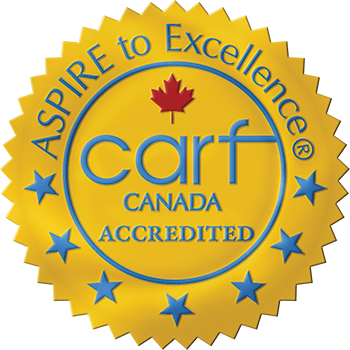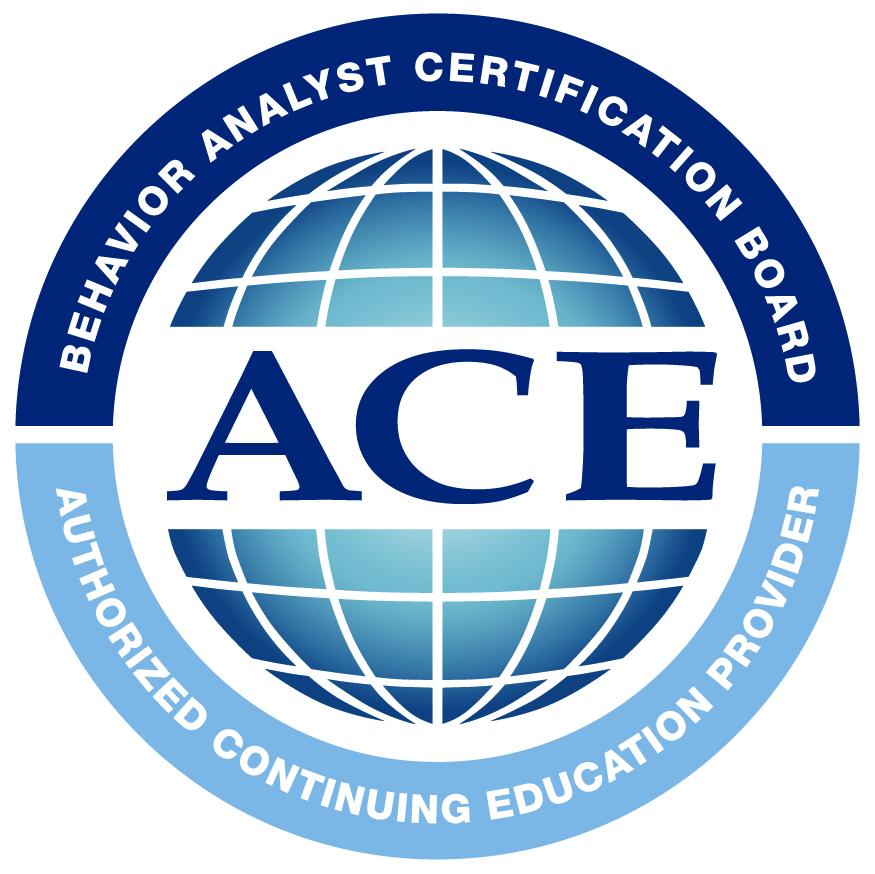85 join event on building inclusive communities
Michelle Strutzenberger
Creating a healthy and caring society will require everyone’s involvement, not just government or professional supports. This was the premise of a two-day event that took place this week in Vancouver convening about 85 people.
The University of British Columbia Centre for Inclusion and Citizenship offers a series of dialogues on creating community, and for this particular event posAbilities was co-host, bringing in Joe Erpenbeck, whose focus is to build community specifically around people who have a disability.
“We thought it might be a grand idea to attach a second day to this particular dialogue and to focus on engaging community, so to deepen the conversation around how to network with neighbours,” posAbilities director of community engagement Monique Nelson tells posAbilities Today.
Co-hosting the event aligns with posAbilities’ growing recognition that conversations need to be had with people outside of the community living sector as well, if the lives of the people it serves are going to be truly enriched.
Co-hosts Community Living BC and the university centre also indicate a recognition that communities and neighbourhoods need to be engaged in solutions to social issues.
Monique notes she and her colleagues who attended the Nov. 26-27 sessions will be sharing the ideas and stories gleaned in their annual program planning sessions, where they meet with staff, families and persons served to consider new activities to help build relationships in communities.
One story told by University of British Columbia School of Social Work faculty member Pilar Riano-Alcala was especially powerful, she recalls.
Pilar described a village she came across working in Colombia, South America, where all the men had been massacred in civil conflict.
The women and children had been moved into the city but that wasn’t the place where they could become resilient as farmers, the lifestyle they had always known, so a woman leader named Maria negotiated with the government to get a piece of land again. The 15 families took up working the completely unserviced area, creating farms and livelihoods for themselves, arranging schooling for their children and essentially changing the whole course of their lives and generations to come.
Monique notes the drivers in that kind of development include a capacity to aspire to something different.
It’s also a story of reconstituting webs of relations by drawing on cultural and symbolic resources such as kinship, land and solidarity and creating community in the process.
Pilar also talked about the importance of storytelling — how to transmit meaning, how to sustain life and educate and how to create a sense of agency or the capacity to act through storytelling.
Other presentations, including one on housing, also referenced the importance of having the capacity to aspire and act and that this exists within ourselves and our communities when we draw on the strengths of our relationships, Monique notes.
A report on urban isolation from the Vancouver Foundation also underscored that when that people aren’t connected at the neighbourhood level they’re not giving back and the whole neighbourhood is weakened as a result.
The presentation on Day 2 facilitated by Joe who, is a fellow of the Asset-based Community Development (ABCD) Institute at Northwestern University in Chicago, considered how to address this concern of building community at the neighbourhood level.
Joe’s premise, and that of ABCD, is that this happens through considering people’s interests, assets and gifts and finding associations or places of hospitality within community where people can contribute those gifts and meet the community’s needs.
Asset-based community development works from the recognition that:
— Everyone has gifts
— Gifts are valued in the community
— Friends and activities give meaning to our lives
— There are many hospitable places in our neighbourhoods.
“I see this conference giving us ideas and stories to share to help precipitate those same kinds of changes in the communities where we offer services to help enrich the lives of persons served, but also find ways for them to contribute so that their communities are strengthened from receiving their gifts,” says Monique.
“Our role is more and more to be the connectors, to facilitate that kind of good stuff to happen — reciprocal relationships in the community.
“I think really that’s what it’s all about, is for us to find a way to do that, to live these values and make a difference in people’s lives by providing opportunities for them to create these connections, or, in many cases, to discover connections and gifts in the community.”
ABCD is at the centre of a large and growing movement that considers local assets as the primary building blocks of sustainable community development.
Joe’s work was featured in Peter Block’s book, Community, The Power of Belonging and in John McKnight and Peter’s latest book, The Abundant Community.
Feel free to comment on this story below, or e-mail michelle(at)axiomnews.ca.










